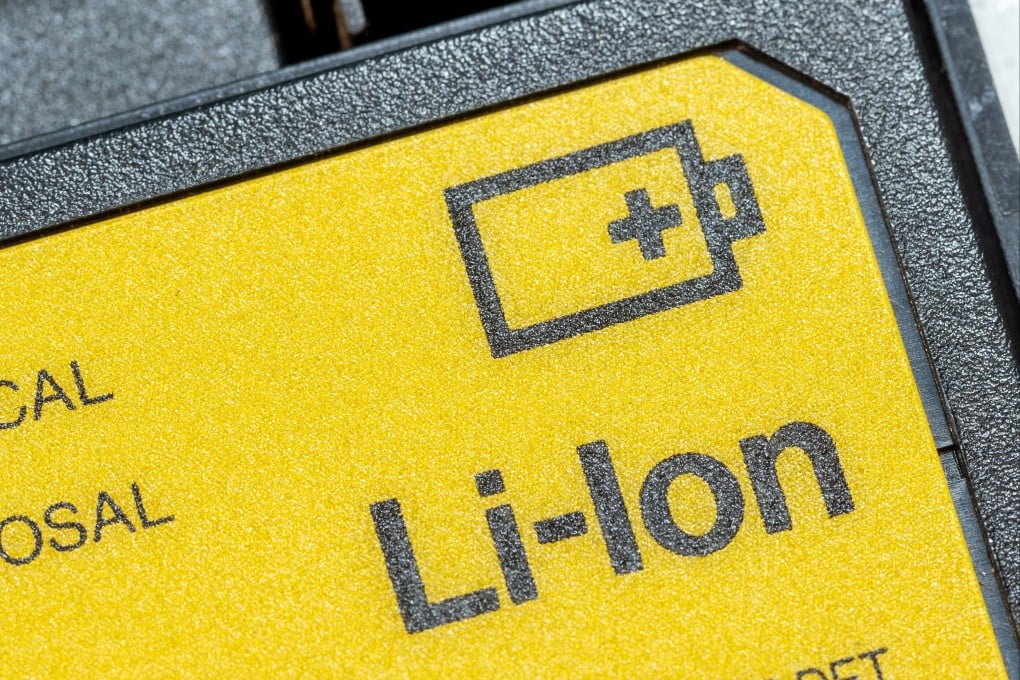Explainer | What to know about lithium-ion batteries after 1 caused a fire on a Hong Kong train
The Post looks at how you should take care of the batteries that charge your mobile phones and laptop computers

According to police, the train was arriving at Yau Tong MTR station when the incident took place at around 8.57am that day. Firefighters were investigating how the lithium battery caught fire.
Here is what you need to know about the potential dangers of gadgets that use lithium-ion batteries.
1. How widely are lithium-ion batteries used?
A lithium-ion battery is a type of rechargeable battery which is commonly used in mobile phones, laptop computers, portable power banks, rechargeable fans, e-bikes and certain electric vehicles.
2. What are the signs that you should stop using it?
According to the Consumer Council, users should stop using any product with lithium-ion batteries immediately and unplug the charger if the batteries are deformed, damaged or overheating.
The United States-based Electrical Safety Foundation also suggests users stop using devices or batteries that have an unusual odor, a change in colour or excessive heat. Users should also stop using the device if the battery becomes a different shape, starts leaking, smoking or fails to keep its charge. Damaged or overheated batteries could cause fire, it added.
3. Why will batteries wear out?
According to the Consumer Council, the batteries charge and discharge through a process in which lithium ions diffuse through the electrolyte between the anode and the cathode.
But the lithium ions in the battery will slowly react chemically with other substances and be converted into compounds that cannot be charged or discharged. The resistance of the battery will also increase over time, resulting in higher heat generation during the charging or discharging process. The capacity of the battery will gradually decrease, resulting in shorter charging life.
